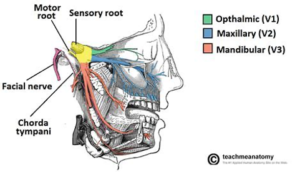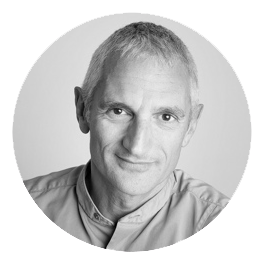Since, as a nation, we’re in the mood for celebrating anniversaries, we thought it might be a good time to explore the benefits of Autogenic Training – a powerful relaxation technique first published 90 years ago by German psychiatrist Johannes Heinrich Schultz.
Shultz noticed that hypnosis patients entered a relaxed state in which they experienced feelings of heaviness and warmth, and he sought to recreate that state in people to reduce tension and anxiety.
What is Autogenic Training?
It’s a series of simple mental exercises which can bring about profound mental and physical relaxation. They help balance the activity of body and mind, facilitating (with practice) a mental and physical shift into a state of calm.
We’ve written in depth about this previously. But, in brief, autogenic training works through a series of self-statements about heaviness and warmth in different parts of the body. Through this process, a positive effect is induced on the autonomic nervous system.
Autogenic Training (AT) has become a well-established method of relaxation in many parts of the world. We know from research, including a 2008 meta-analytic study, that autogenic training can be beneficial in the treatment of anxiety and help with insomnia.
Health benefits of Autogenic Training
Autogenic Training helps switch off the autonomic nervous system so that this remains or returns to a restful state, enabling your body to repair and recuperate itself. It:
- Reduces anxiety, stress and tension and induce a feeling of calm, especially in social situations
- Improves well-being, mood, energy levels and sleep
- Reduces high blood pressure
- Increases self-confidence
- Improves efficiency, concentration and creativity
- Develops the resilience to manage and overcome adversity
How can Robin help?
As an Autogenic Training practitioner, Robin will help find the right exercises for you and work with you to make sure that that you feel sufficiently confident to perform them on your own.
Autogenic Training is delivered over 8 sessions. Robin can do this independently or as part of his wider Osteopathic work with patients. Whether in person or on Zoom.
You will need to practise at home for a few minutes each day so that AT becomes part of your life and an everyday resource for health and wellbeing.
Robin said: “Autogenic Training is such a versatile tool as it can be practised anywhere, requires no special equipment and is entirely self- led.
“I see more and more patients presenting with stress and anxiety. Often in addition to a musculoskeletal issue. Being in that ‘flight or fight’ mode is not helpful when it comes to recovering from injury or a complaint. So having AT in your mental health toolbox can not only aid recovery. It’s also a great tool for life generally.
“A patient I’m currently helping with insomnia told me how AT has given her a structure that has changed her attitude towards bedtime and made her more relaxed at the end of the day.”
Robin has had particular success in using AT to help with anxiety and insomnia. So, if these issues are troubling you then why not get in touch to find out more?




